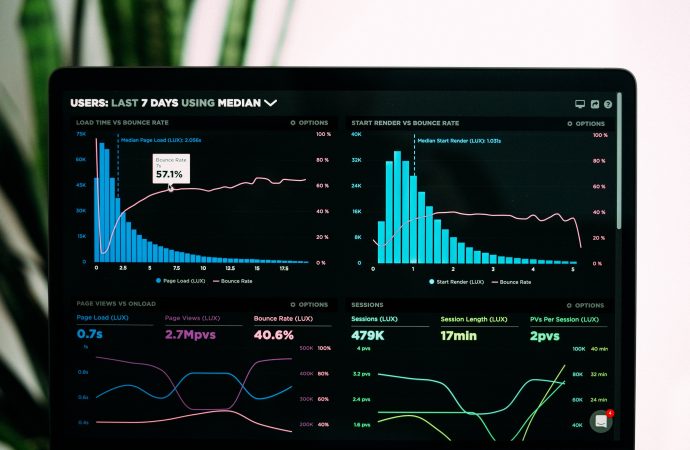Oil smuggling has become a prominent issue in North Korea, creating waves of human rights abuses and environmental damage. The illegal trade fuels the country’s economy but at what cost? In this blog post, we’ll take an in-depth look at the impact of oil smuggling on both people and the environment, shedding light on a
Oil smuggling has become a prominent issue in North Korea, creating waves of human rights abuses and environmental damage. The illegal trade fuels the country’s economy but at what cost? In this blog post, we’ll take an in-depth look at the impact of oil smuggling on both people and the environment, shedding light on a dark reality that few are aware of. Join us as we explore this illicit trade and its dire consequences for North Korea.
Background and History of North Korea’s Oil Trade
North Korea is one of the poorest and most isolated countries in the world. It has one of the lowest life expectancies, and an annual income per capita of only $1,700. In order to alleviate some of these economic problems, North Korea began to trade oil with other countries in 2001.
The oil trade has been controversial from the beginning. North Korea has been accused of smuggling oil in order to fund its nuclear weapons program and human rights abuses. The environmental damage caused by this trade is also significant. Oil spills can contaminate water supplies and release toxins into the atmosphere, causing serious health problems for people living nearby.
What are the Human Rights Abuses Associated with North Korea’s Oil Trade?
North Korea’s oil trade is one of the most illicit and destructive industries in the world. The country earns billions of dollars from selling oil to China, Russia, and other countries, but this money comes at a high cost for North Koreans.
The human rights abuses associated with North Korea’s oil trade include forced labor, torture, and child labor. The oil extraction process often wreaks havoc on the environment, polluting water supplies and damaging wildlife habitats. In addition, North Korea receives little to no revenue from export sales, which leaves the country highly vulnerable to financial collapse.
All of these factors make North Korea’s oil trade an egregious human rights abuse that must be stopped. If we want to see real change in Kim Jong-un’s repressive regime, we need to pressure China and other countries to stop buying North Korean oil and support international sanctions against the country.
What are the Environmental Damage Caused by North Korea’s Oil Trade?
North Korea is believed to be the world’s second-largest oil producer, but it ranks last in terms of energy security. In order to obtain oil, North Korea exports goods that cannot be produced domestically, such as coal and seafood. This practice of smuggling goods has led to environmental damage.
The North Korean government has been accused of using the proceeds from its oil trade to fund its nuclear and ballistic missile programs. Smugglers have also been known to use the money to purchase luxury goods in foreign countries, further exacerbating the country’s economic woes.
In 2007, a United Nations report found that North Korea was exporting coal at a rate six times what it could economically produce and that some of this coal had ended up in China and Russia. The report also noted that seafood exports had contributed to environmental degradation in coastal areas around North Korea.
The illicit nature of North Korea’s oil trade has resulted in widespread human rights abuses. The regime benefits from an economy that is reliant on external subsidies, which allows it to repress its population without fear of reprisals. Thousands of people have died as a result of forced labor and torture in state-run prison camps, while children are used by the government as spies or soldiers.
Conclusion
North Korea’s oil smuggling is a serious humanitarian and environmental issue. The country’s extreme poverty and lack of access to essential goods has forced its citizens to turn to illegal means in order to survive, including oil smuggling. This trade not only benefits the regime financially but also allows North Korea to evade UN sanctions. In light of this information, it is important for the international community to take action against North Korea’s oil smuggling in order to bring an end to human rights abuses and environmental damage caused by this illicit trade.

















Leave a Comment
Your email address will not be published. Required fields are marked with *